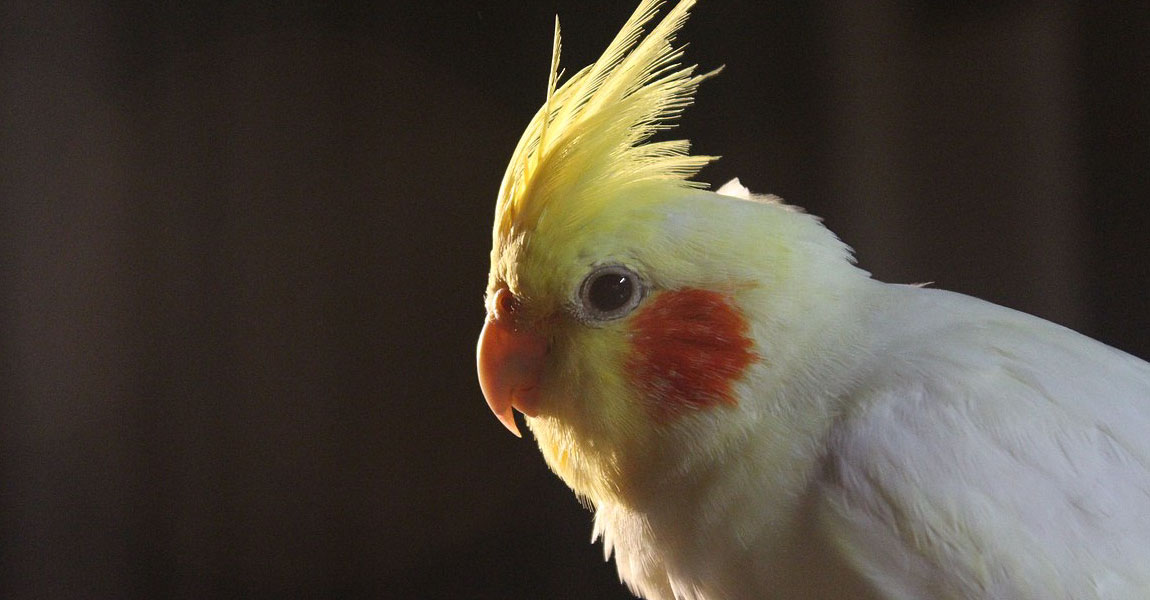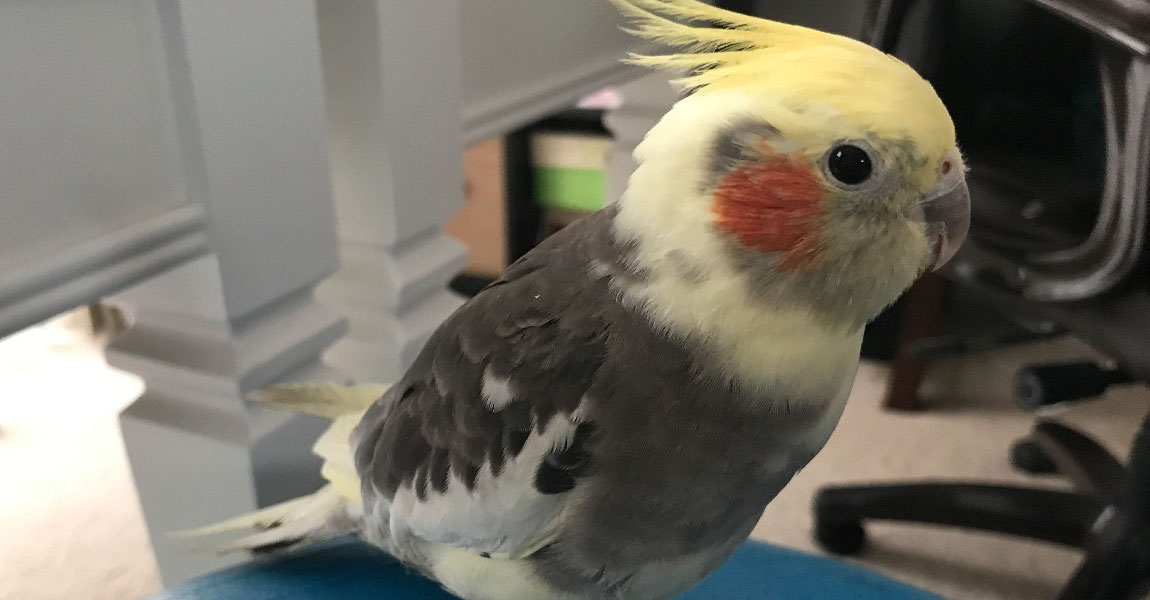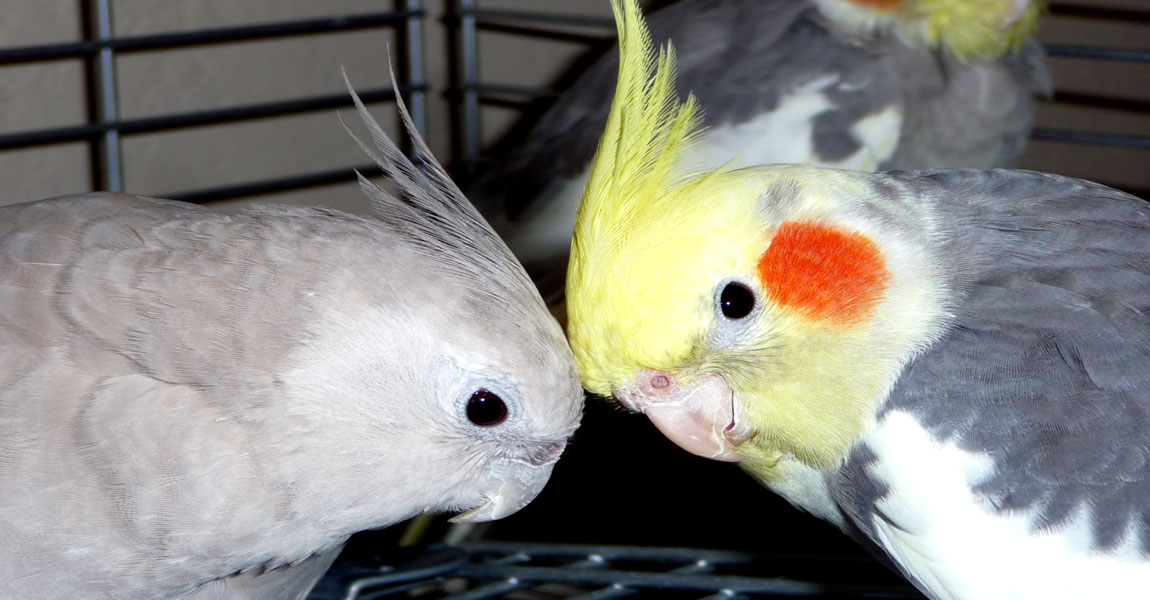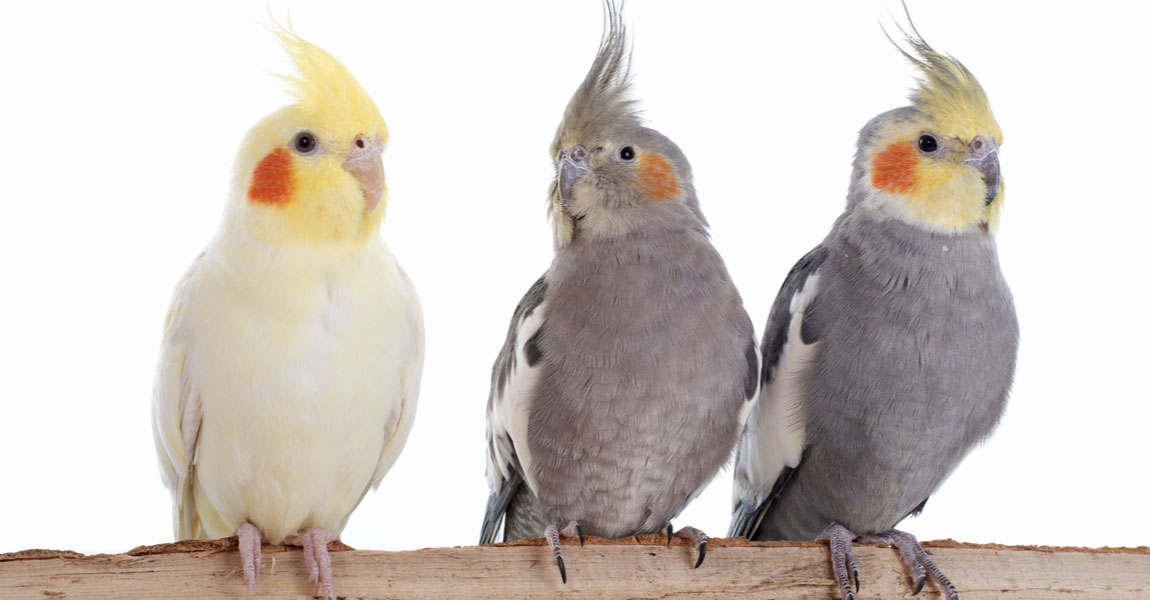It's rare for a cockatiel to be constipated. Most healthy cockatiels will have about 18 to 26 droppings per day.
If your cockatiel is not very active, does not get enough exercise and eats a lot, obesity can cause constipation.
Fresh veggies and fruits can be natural laxatives for your tiel. Your tiel should always have fresh water all the time. Also a few drops of mineral oil can help with the constipation.
Other causes for constipation can be attributed to something your cockatiel ate and its causing and obstruction, if you suspect this is the case do get veterinarian help as soon as possible.
Check your cockatiel's vent (butt, or what ever you want to call it) If there is a buildup of feces around its vent, you will have to gently soak the area in warm water to loosen the feces and gently remove it from the feathers. Be careful that you aren't tearing the skin. If the vent area is irritated, apply a skin ointment. If your bird is eating a largely pellet diet or its diet is poor, this could account for the thick, pasty feces.
If your cockatiel is a female trying to lay eggs this could be a big issue. The egg develops in the same tract that is used for peeing and pooping and if it is stuck, this becomes a veterinarian emergency. Egg binding is caused by a lack of calcium. Egg laying cockatiels need extra calcium and protein during egg laying, and calcium should always be available. Cuttlebone and mineral block are required elements in any cockatiels cage.
Why does my cockatoo eat his poop?
This is a sign that your bird is lacking some minerals or vitamins in its diet.Calcium is extremely important for birds. Cuttlebones should be one of the first purchases you get when getting a cockatiel. It not only adds a supply of valuable calcium to the diet, but it also helps with beak conditioning.
A cockatiel that is eating its droppings should undergo a complete physical examination, blood tests and fecal parasite examination by an avian vet.
As always the information offered here is to provide guidance and is not intended to be a substitute for the good advice provided by your own avian vet. When in doubt always consult your own veterinarian.
Source: Cockatiel.com





